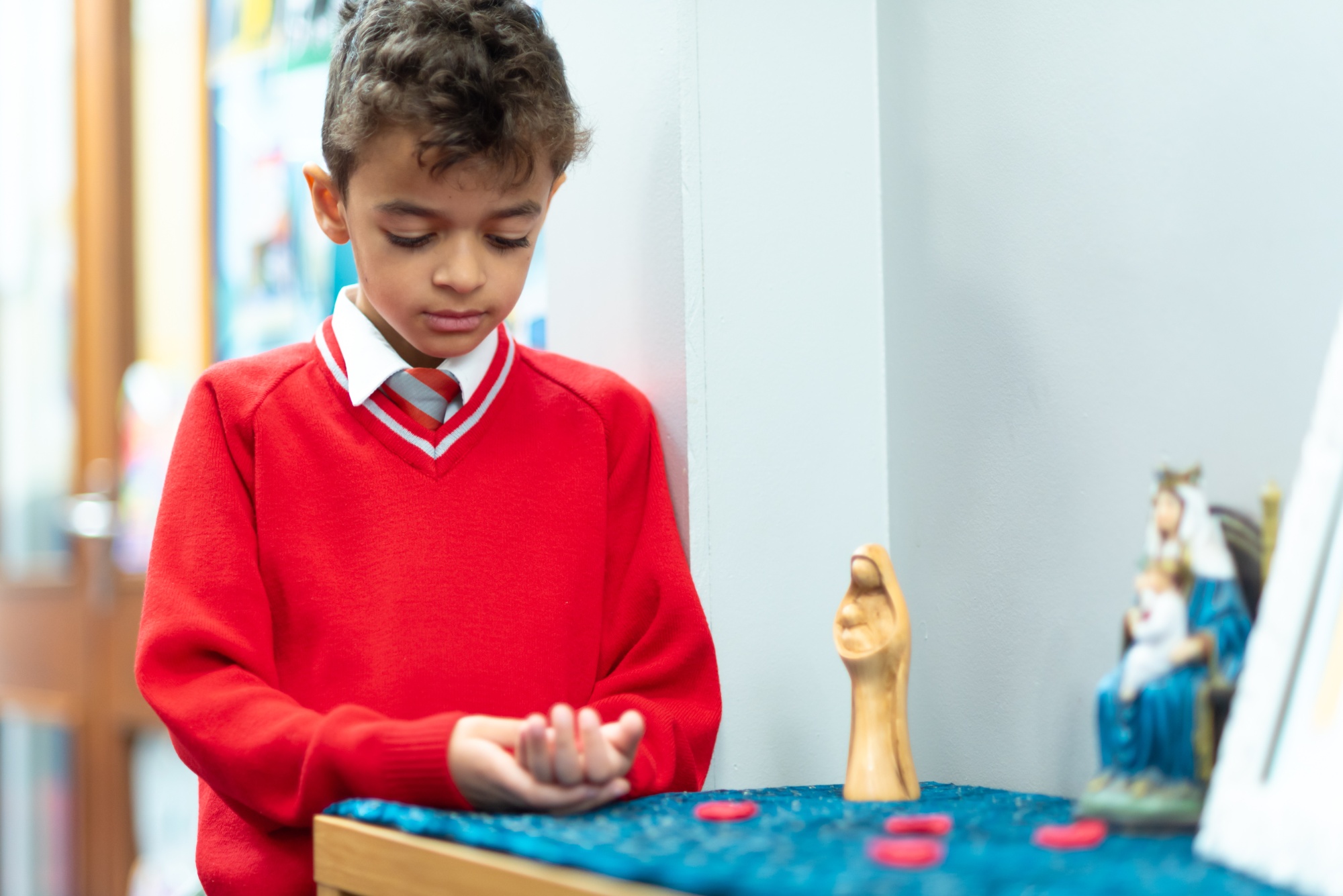Mastery and Mathematics
As part of the Maths curriculum at Sacred Heart, there is a focus on mastering maths. This means pupils acquire a deep, long-term, secure and adaptable understanding of the subject.
A mathematical concept or skill has been mastered when a child can:
- show it in different ways
- effectively use mathematical language to explain their ideas and reasoning
- apply this learning to new, unfamiliar problems.
This means that pupils spend a longer amount of time on fewer key mathematical concepts whilst working at a deeper level. If children have grasped the concepts quickly within the lesson, they are given opportunities to deepen their understanding through problem solving and improve their reasoning skills rather than moving onto new curriculum material.
For example, if children are able to add two 3-digit numbers successfully, rather than moving onto adding 4-digit numbers, they will spend time applying this learning into problem-solving activities and questions that encourage them to explain their mathematical reasoning at a deep level.
As part of this, children are encouraged to not only ‘do’ maths but to explain their reasoning to show their mathematical understanding. Children will be asked questions to encourage them to explain their mathematical thinking and reasoning and are encouraged to verbalise their thoughts, through questions such as:
- What do you think? Convince me!
- Explain your reasoning
- True or False? Explain your reasoning.
- How do you know?
- What do you notice?
- What is the same? What is different?
At home, you can support your child to master their mathematical skills by encouraging them to explain their reasoning by asking questions such as:
How have they reached the answer? Why did they do what they did? Can they prove that the answer is correct? Have they noticed any patterns in the maths that they have been doing? Why has this happened?
Mathematics is everywhere and surrounds us and everything that we do. Problem solving is at the heart of mathematics, so encouraging opportunities for your child to problem solve in everyday life is an excellent way of deepening their understanding and making links between home and their learning. This can include things such as following a recipe, going shopping, noticing shapes in the real-world or looking at money.
















